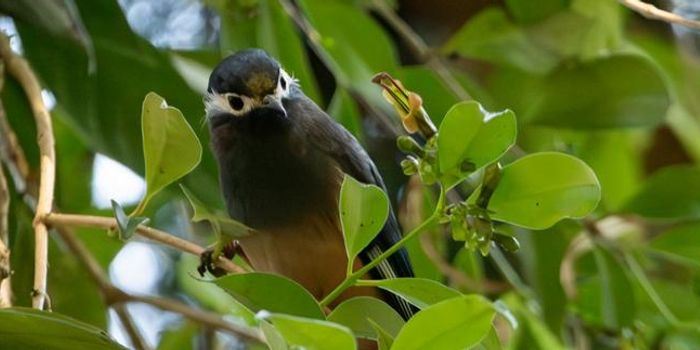To Evade Males, Female Dragonflies Stage Their Own Death
How do you respond to unwanted contact from the other sex? Do you: A) give them the cold shoulder, B) politely say you aren’t interested, C) raise your voice and tell them to go away or you’re calling the cops, or D) play dead?
If you chose "D," then you might have some dragonfly DNA invested in your being. According to a study published in the journal Ecology, female dragonflies have been observed playing dead to evade unwanted sexual relationships with male dragonflies.
Image Credit: Josch13/Pixabay
It may seem like the oldest trick in the book for pet dogs, but perhaps it’s useful as both a mating and survival technique tool in some cases.
The study showed how female dragonflies use this behavior after they have already mated so that the female won’t have to mate for a second time (or more) in a row. After all, once the mating process has been complete, the female has other things to worry about besides getting it on again, such as ensuring her eggs survive and hatch.
The research also notes how female dragonflies try to find secluded and highly-vegetated areas to lay their eggs such that they won’t be bothered by other males, but sometimes they can be harassed when traveling to and from their chosen location.
In this case, when all else fails, they break out the ‘play dead’ behavior and the male eventually gets bored of trying to fondle the ‘dead’ female and moves on to look for a replacement.
When staging their own death, the females will often fall to the ground when bothered for the best results. Once the male moves on, the female would go about its business once again, which made the behavior quite obvious to the researchers who conducted the study.
Most appear to be successful in their act too; out of more than 30 individual female dragonflies that were observed during the study, at least 21 of them were successful in causing the male to lose interest.
Lead researcher Rassim Khelifa from the University of Zurich, Switzerland noticed the behavior completely by accident while collecting dragonfly eggs and was surprised by the behavior when he first saw it, despite working with dragonflies for a decade.
Source: Mother Nature Network









